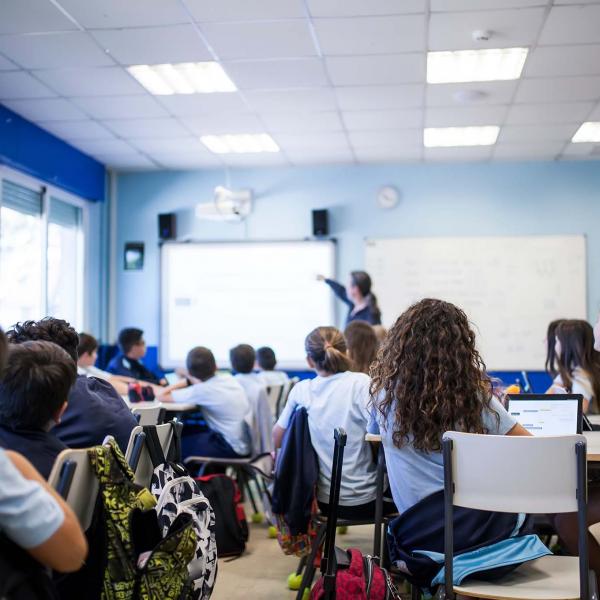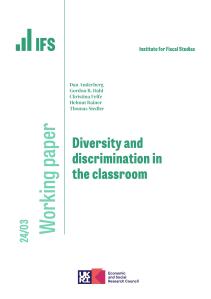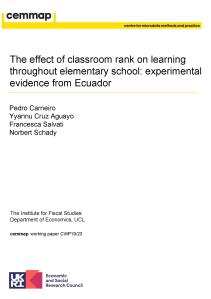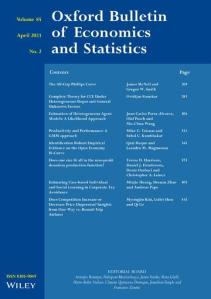The government has finally confirmed how it plans to assess eligibility for free school meals (FSMs) under universal credit (UC) – awarding them to families on UC with net earnings under £7,400 a year. New analysis published today by the IFS, and funded by the Office of the Children’s Commissioner, finds that overall slightly more children from low-income households will be eligible for FSMs under UC once it is fully rolled out than would have qualified under the legacy system it replaces – an increase of roughly 50,000 children (or 4%), costing the Exchequer an extra £20-30 million per year. But this net change hides many more winners and losers:
- About 210,000 children who would not have qualified for FSMs under the legacy system will gain entitlement under UC.
- About 160,000 (13%, or 1 in 8) of the 1.3 million children who would have qualified under the legacy system will find themselves ineligible under UC.
- The number of children with at least one parent in paid work who will be eligible for FSMs will increase by around 140,000 (though again with winners and losers). 90,000 children in workless families will lose eligibility for FSMs, largely because their parents have unearned income or assets that disqualify them from UC.
- The net increase in eligibility under UC is entirely accounted for by the children of lone parents: among the children of couples, there will be as many losers as winners. But there are winners and losers within both groups.
- About two-thirds of the children entitled to FSMs are in the lowest-income fifth of households with children. This will remain essentially unchanged after the switch to UC. However, under the UC system – as is the case under the legacy system it replaces – only about half of children in the poorest fifth will be entitled to FSMs.
- The government is planning to freeze the £7,400 net earnings threshold in cash terms until 2021–22. If it instead increased this threshold with CPI or earnings, approximately 80,000 or 100,000 more children respectively would be entitled to FSMs in 2021–22 than under the current plan. This highlights the significance of the decision about how to uprate (or not uprate) this threshold beyond 2021–22: a decision yet to be made.
Tom Waters, an IFS Research Economist and an author of the new analysis, said “The change in the structure of the benefits system inherent in universal credit means that the government was always going to have to come up with a new way of determining which children qualify for free school meals. This meant it either had to spend more public money on them in total or create some losers. Its chosen path does a combination of the two. It creates a substantial number of losers, but also a greater number of winners, with children of lone parents and of working parents especially likely to gain entitlement.”
ENDS
Notes to editors
1. The full briefing note ‘Free school meals under universal credit’ by Robert Joyce and Tom Waters, will be published by the Institute for Fiscal Studies on Thursday, 5 April 2018 on the IFS website. For embargoed copies of the report or other queries, contact the IFS Press Office on 020 7291 4800 / 07730 667013 or email @email
2. The authors are grateful to the Children’s Commissioner who funded this research.
3. Support from the ESRC-funded Centre for the Microeconomic Analysis of Public Policy (ES/M010147/1) at the IFS is also gratefully acknowledged. Data from the Family Resources Survey were made available by the Department for Work and Pensions, which bears no responsibility for the interpretation of the data in this briefing note.









